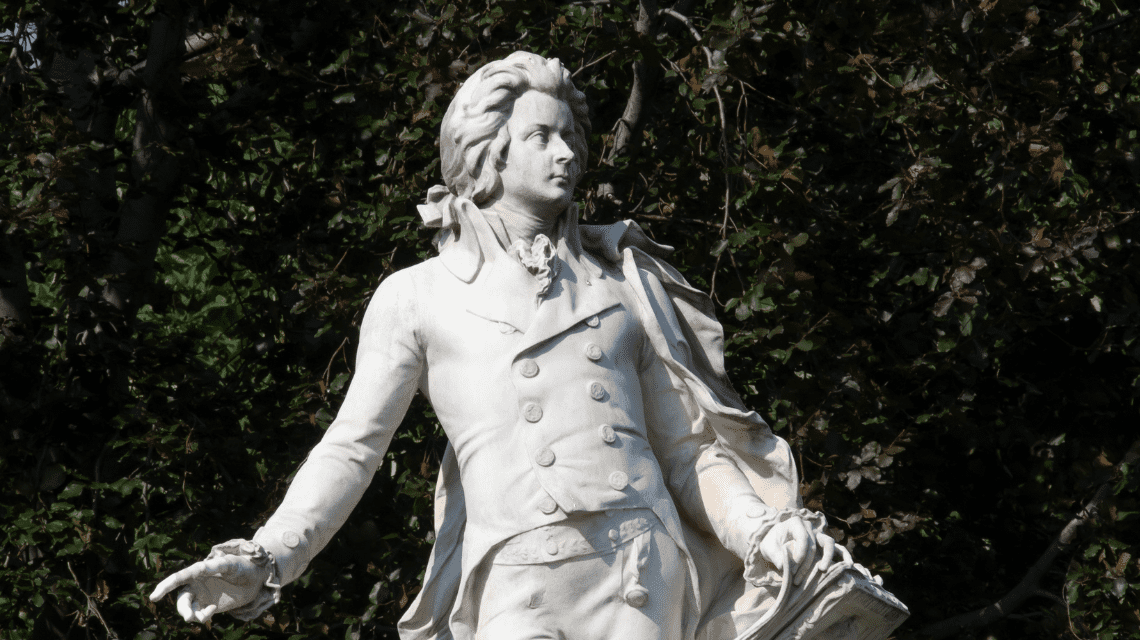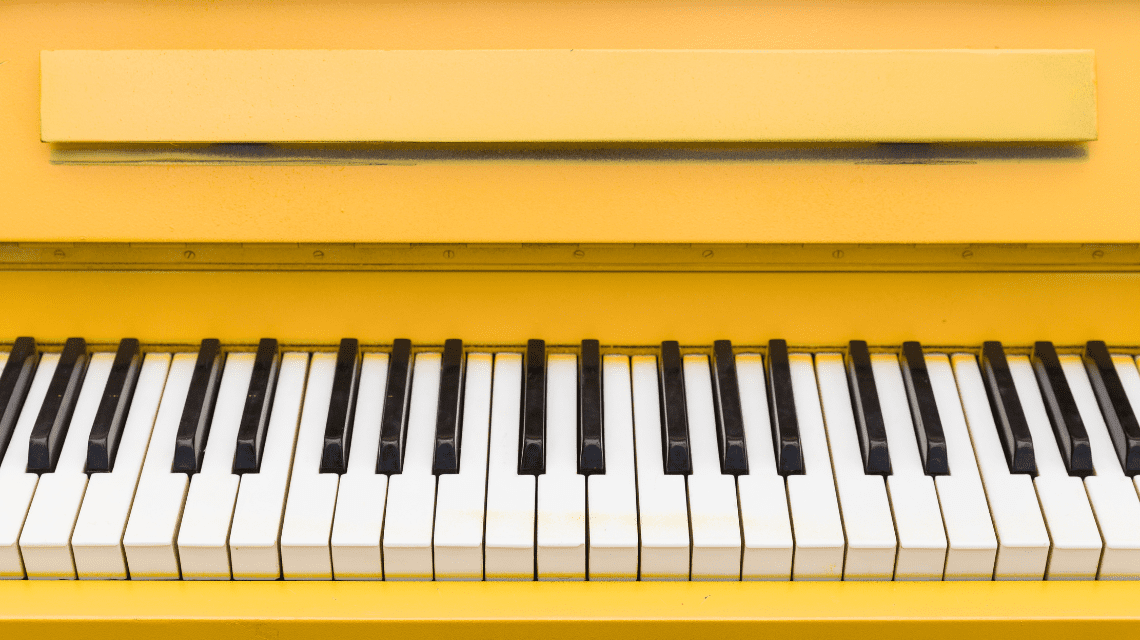Nature or Nurture: Do You Need To Be Born With Natural Talent To Play The Piano Well?
Read this article to find out answer!

This article comes from Sarah Bilowus, the co-founder of https://keyboard4kids.com!
It’s the age-old question – is it nature or nurture that makes the difference in learning, especially when it comes to playing the piano well?
Many people assume that you do need to be born with a certain level of built-in talent to become a proficient musician. After all, if some of the music masters of the past were composing and performing music in early childhood, and countless young prodigies are recording their triumphs frequently online, doesn’t this mean that obtaining musical excellence is surely for the “gifted and talented?”
As we learn from history, there are indeed individuals who are born with natural inclinations to learn music. For example, Mozart began performing and composing music at the age of five.

If we look at his life a little more closely, however, even if Amadeus was born with natural gifts in music, he did have the advantage of being born to his father, Leopold, who was quite an accomplished musician himself. He was a prolific composer and highly-respected instructor who performed throughout Europe. One can only imagine how much music filled the Mozart home as Leopold practiced for concerts and composed new music. And when Amadeus showed such a keen interest in music at the age of 3, his father began to teach him how to play the organ, clavier, and violin. Early instruction definitely contributed to his advancement in music.
There are many examples of other famous musicians who were also able to reach advanced levels in music at a very young age. However, it’s most likely the intersection of nature and nurture that led to advanced abilities in music. Most of these master musicians were already hearing music on a daily basis, and many times they were being tutored by involved parents and/or expert instructors. The rich musical home environment certainly cannot be overlooked when considering early manifestations of musical talent.
How can we provide a similar experience for our own children? After all, we don’t really know if a natural inclination to learn music is already in the child if we don’t introduce music learning to them in the first place.
5 Ways to Ensure Nurture Aligns with Nature
- Sing and move to music even before a child is born. Many studies show that babies in the womb can detect sound as early as 16 weeks and are stimulated to move lips, hands, and feet by 24 weeks.
- Listen to classical music recordings (many studies still show that classical music structure helps further brain development). There is still much debate in the scientific world on how much the brain benefits from listening to classical recordings, but my observation and involvement with our own son’s musical development and many other young children shows a huge benefit.
- Provide a small keyboard for children to explore independently. Many of the keyboards have recordings available, and young children love playing with buttons and sounds. Eventually, they can even intentionally select numbers that correlate to their favorite recordings.
- Teach the names of notes on a piano or keyboard. If you aren’t sure yourself, then this is the perfect time to learn your “note A,B,C’s.” Have fun learning with your children – they will pick up on excitement in learning if you show excitement in learning.
- Find a music teacher accustomed to teaching preschoolers when your child turns 3-4. Many people have incorrectly assumed that age 7 is the perfect age to begin piano lessons, but our observation and experience shows otherwise. It is truly the approach taken with preschoolers that matters. Easy patterns and rhythms, keyboard geography, matching singing pitch to keys on piano, simple songs, and more can easily be learned by preschoolers.
Never Too Late to Learn!

If you or your children did not start early, do not despair! There are famous musicians today who began later in life. For example, Albert Frantz, who began piano studies at the age of 17, is now a world-class pianist; Red Garland, well-known jazz pianist who started piano at age 18; Andrea Bocelli, world-renowned Italian tenor, who released his first album at 35; and many more.
Whether you may have the next budding Mozart or not, your children will benefit greatly from learning music. Common sense and a brief study of history tells us that no matter how naturally gifted a person arrives in this world, what ends up producing results is valuable instruction and practice. With effort, consistency in practice, dedication, and your involvement, children can become proficient pianists regardless of natural gifts. If you discover they have natural gifts for music in the process, then it’s a double bonus! Just be sure to focus on having fun together at the same time!
About The Author:
This post was written by Sarah S. Bilowus, who holds a master’s degree in music and communications, and loves teaching and sharing music with children of all ages.
She is the co-founder of https://keyboard4kids.com, a music instruction business that specializes in teaching music classes online.
More Blog Posts Related to the Piano
- How to Choose, Tune, & Play Your First Piano: Beginner Tips
- Piano Pairs: Beginner Notes and Easy Piano Arrangements
- 25 Easy Kids Songs For Piano
- 6 Ways Piano Teachers Can Give Assignments To Students
- 11 Piano Practice Tips
- 11 Classical Piano Pieces You Might Want To Learn and Easier Arrangements

